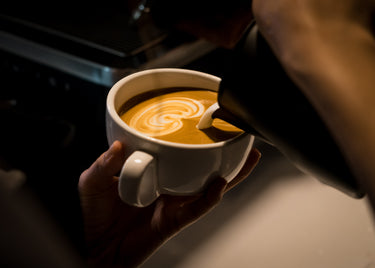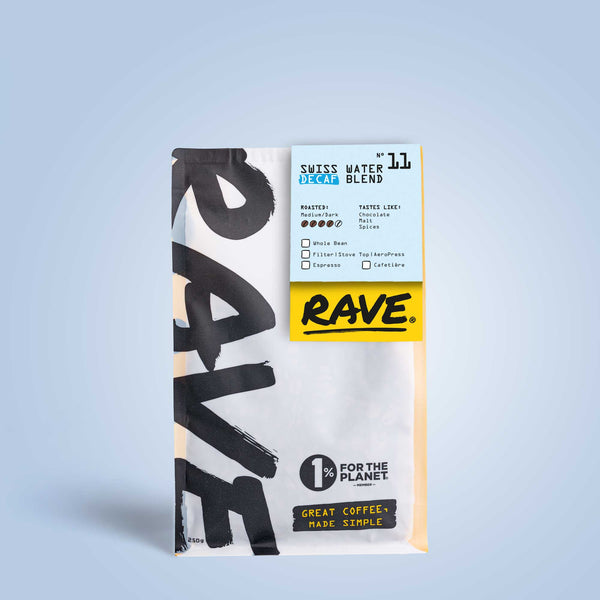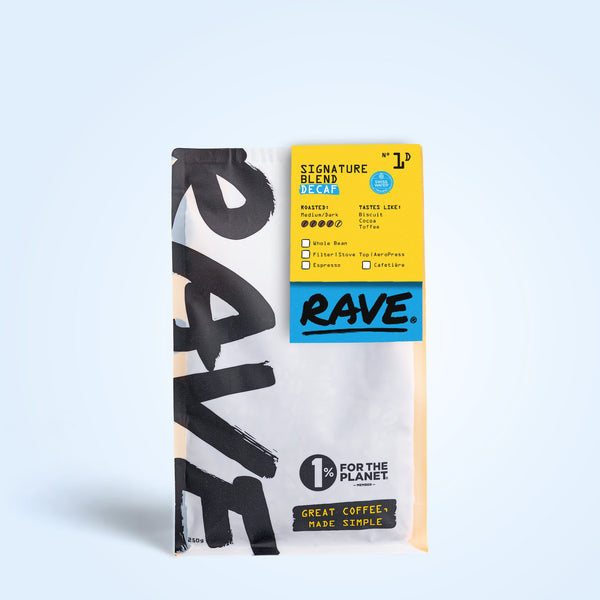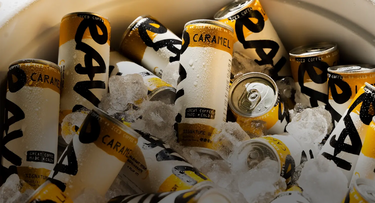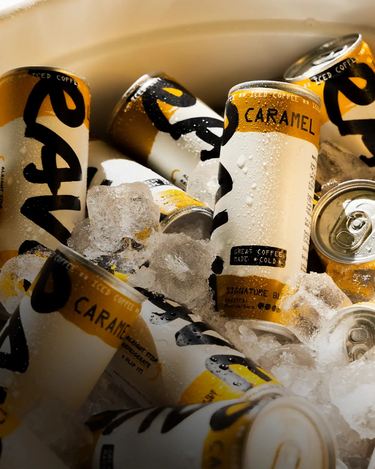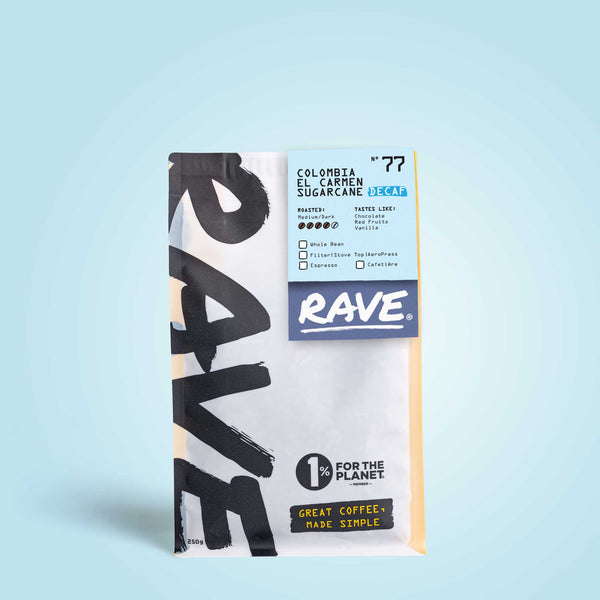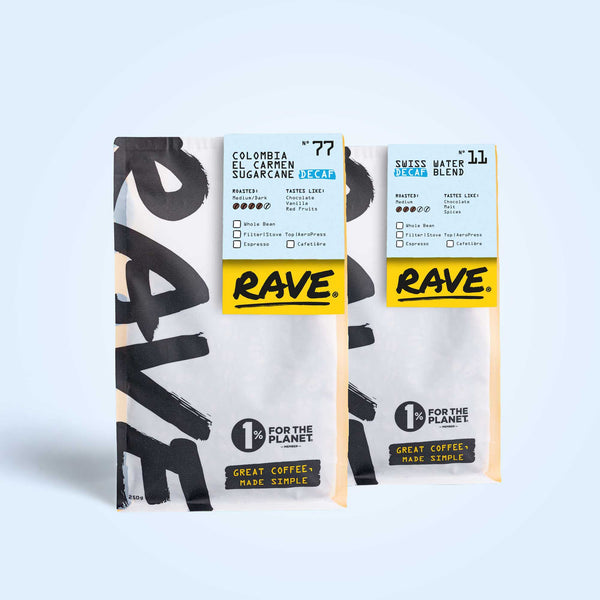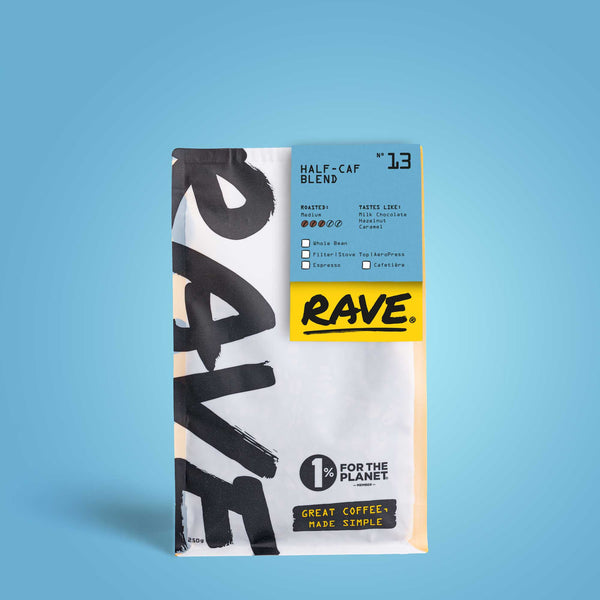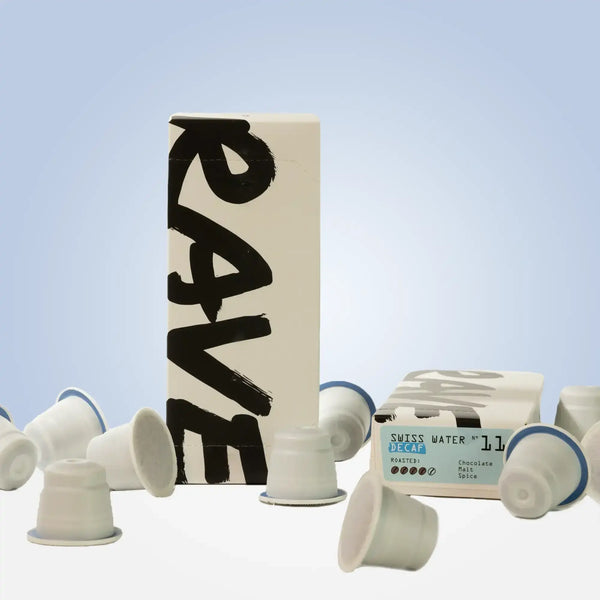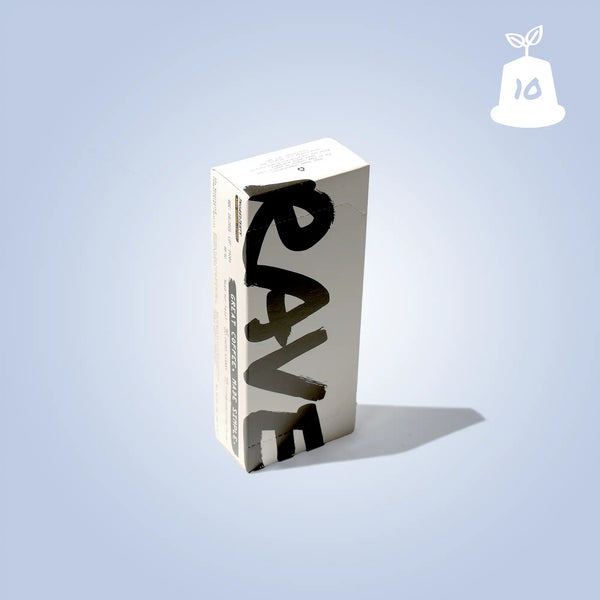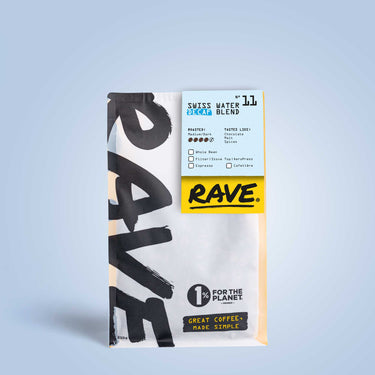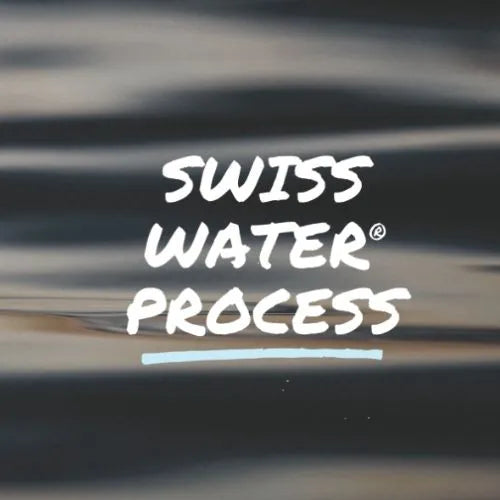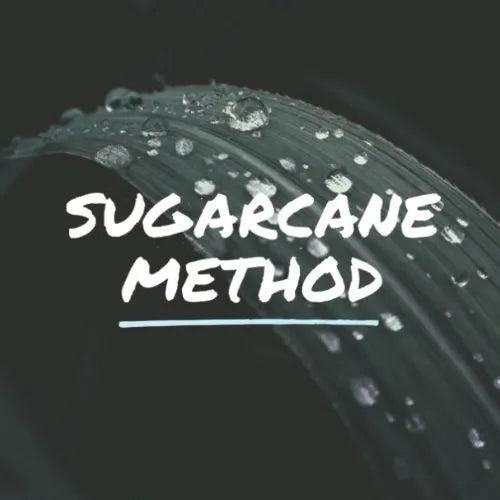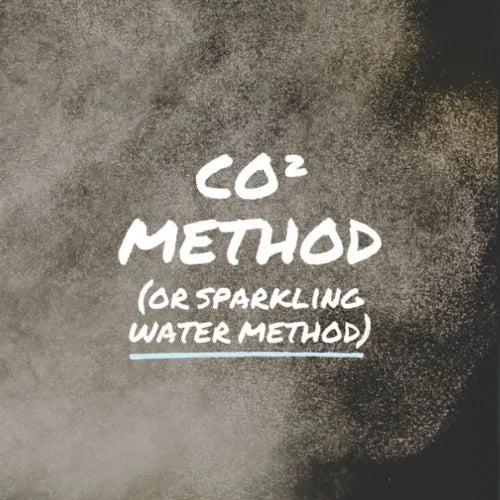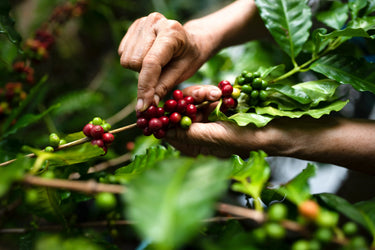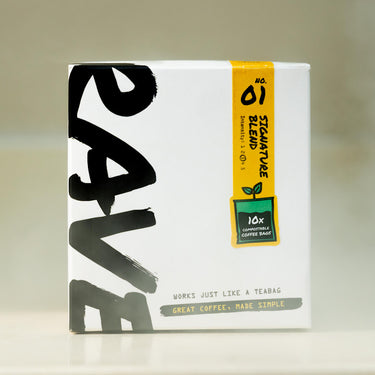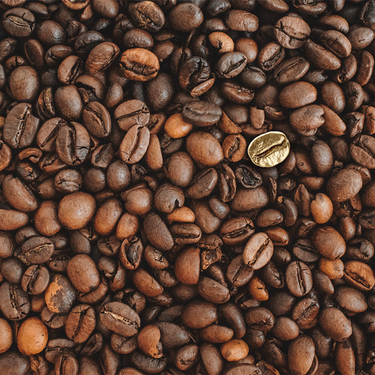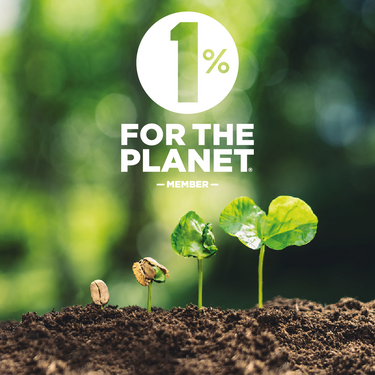Naturally decaffeinated coffee beans
Explore our collection of naturally decaffeinated coffee beans and enjoy the same smooth taste without the caffeine.
We treat our decaff coffee with the same loving care as our regular, fully loaded coffee beans, so you'll get a delicious cup with the beautiful aroma of freshly roasted coffee.
Our coffee is decaffeinated once the beans of the coffee cherries have been picked, processed and dried, but before the coffee is roasted.
This helps preserve the coffee’s natural flavour and aroma, giving you the perfect caffeine-free cup.



